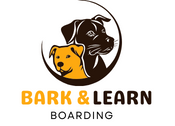Welcome to the world of “Puppy Kindergarten”! This is a place where your little furry friend learns the basics of being a good dog. It’s like a school, but way more fun! Imagine your puppy learning how to sit, stay, and play nicely with others. It’s not just about tricks, it’s about building a bond with your pet and teaching them how to behave.
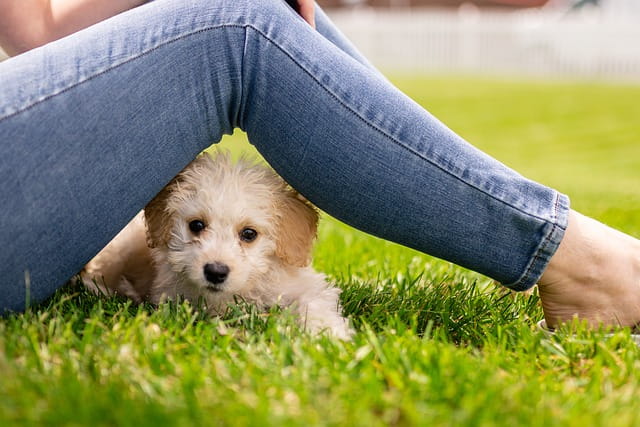
It’s an adventure filled with wagging tails and puppy kisses. So, are you ready to start this exciting journey with your puppy? Remember, it’s not just training, it’s about creating happy memories with your new best friend.
Let’s make your puppy’s kindergarten days the best they can be!
Benefits of Enrolling Your Puppy
Puppy Kindergarten is a special school for your little furry friend. Here are some amazing benefits of enrolling your puppy:
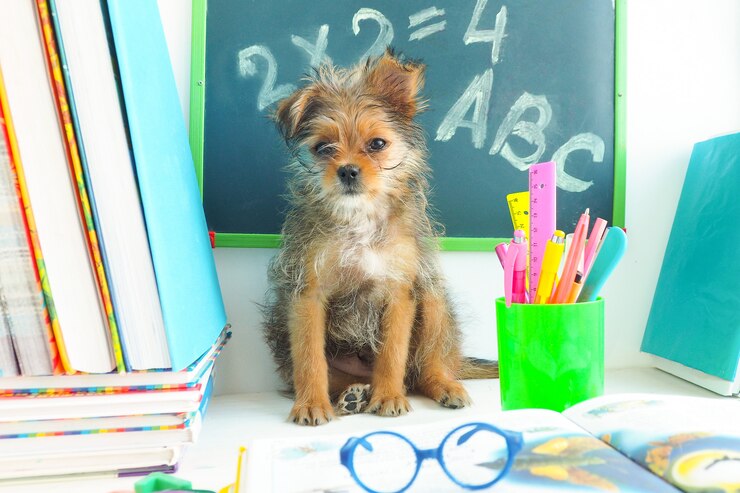
Also Read: Top 15 Dog Training Methods
Good Manners:
Puppy Kindergarten teaches your puppy how to behave. They learn to sit, stay, and play nicely with others. This means less mess and more fun at home!
Social Skills:
Your puppy gets to meet and play with other puppies. This helps them become friendly and confident around other dogs.
Strong Bond:
Training together helps you and your puppy understand each other better. This strengthens your bond and makes your friendship last a lifetime.
Health and Happiness:
Regular exercise during training keeps your puppy healthy. Plus, learning new things makes them happy!
Peace of Mind:
Knowing your puppy is well-behaved gives you peace of mind, especially when you have guests over.
Choosing the Right Program
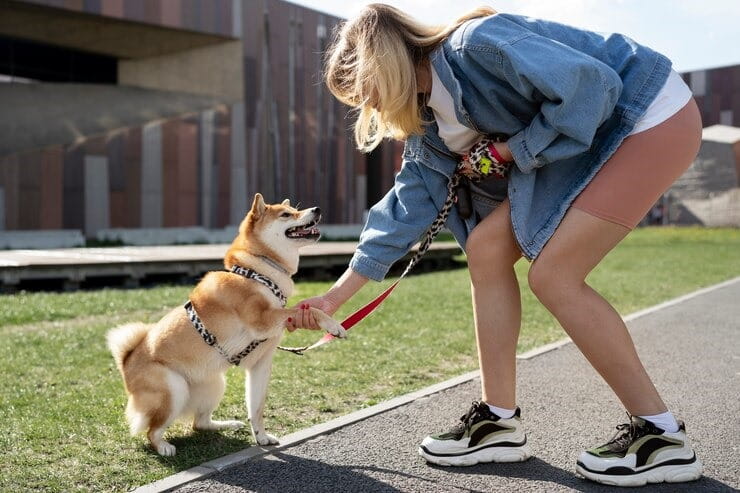
Puppy Kindergarten is a special training program designed for young puppies. It’s like a school where your little furry friend can learn basic commands, socialize with other puppies, and get used to being handled by people. But how do you choose the right program?
Here are some tips:
Check the Curriculum
The right program should cover basic obedience training, socialization, and handling exercises. It should also address common puppy problems like biting, chewing, and house training.
Look at the Trainer’s Qualifications
Make sure the trainer is certified and has experience working with puppies. They should use positive reinforcement methods and be able to adjust their approach based on your puppy’s personality and learning style.
Class Size and Structure
Smaller classes are generally better because your puppy gets more individual attention. The class should also be structured with a mix of training, playtime, and rest periods.
Health and Safety Measures
The facility should be clean and safe for puppies. All puppies in the class should be required to have their vaccinations up to date.
What to Expect in Puppy Kindergarten
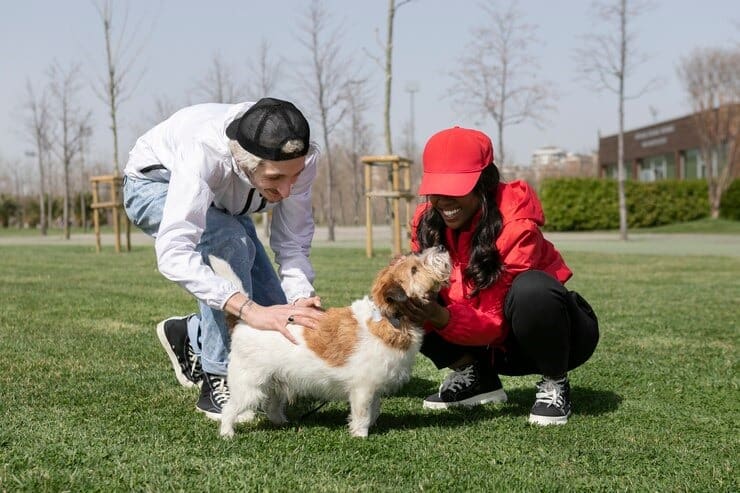
Puppy Kindergarten is an exciting place for your little furry friend. Here are some Expectations:
Must Read: Top 9 Dog Training Games, Fun Ways for Your Dog
Basic Training
The first thing your puppy will learn is basic obedience. This includes commands like “sit”, “stay”, “come”, and “leave it”. These commands are the building blocks of good behavior.
Socialization
Puppy Kindergarten is a great place for your puppy to meet and play with other puppies. This helps them learn how to behave around other dogs and people.
Handling Comfort
Your puppy will get used to being touched and handled by people. This includes being petted, having their ears checked, and getting groomed. This is important for vet visits and everyday care.
Problem-Solving
Puppies can be a handful with their biting, chewing, and potty accidents. In Puppy Kindergarten, you’ll learn how to deal with these common puppy problems.
Fun and Games
Training should be fun for both you and your puppy. Expect lots of games that make learning fun. This can include obstacle courses, fetch games, and hide and seek.
Homework
Yes, there will be homework! But don’t worry, it’s for your puppy. You’ll be given exercises to practice at home to reinforce what your puppy learned in class.
Tips for Success Puppy Kindergarten
Puppy Kindergarten can be a fun and rewarding experience for both you and your puppy. Here are some tips to help you succeed:
Consistency is Key
Dogs learn best through repetition and consistency. Use the same commands and rewards each time to help your puppy understand what you want.
Patience
Remember, your puppy is just a baby. They might not get everything right away. Be patient and give them time to learn.
Positive Reinforcement
Always reward good behavior. This can be with treats, praise, or playtime. This helps your puppy understand that they did something good.
Socialization
Let your puppy interact with other puppies and people. This helps them become comfortable in different situations.
Practice at Home
What your puppy learns in class needs to be reinforced at home. Practice the exercises you learned in class each day.
Ask Questions
If you’re not sure about something, ask! The trainers are there to help you and want your puppy to succeed.
Have Fun
Training should be a fun experience for you and your puppy. Keep the sessions positive and enjoyable.
Common Concerns and Misconceptions
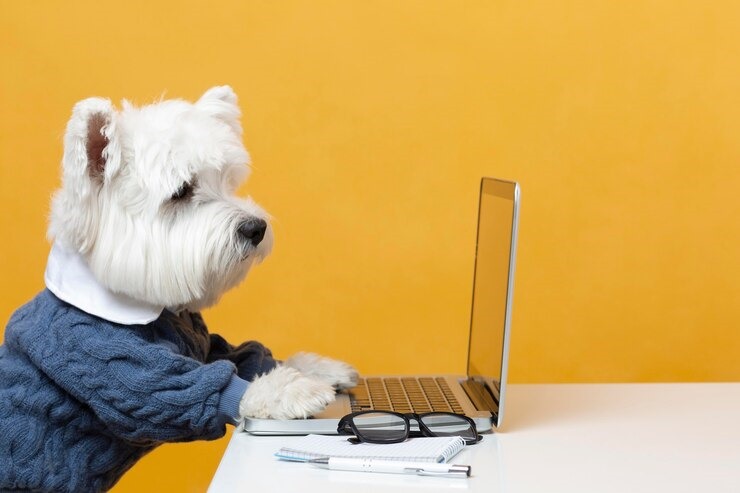
When it comes to Puppy Kindergarten, there are several common concerns and misconceptions that many puppy owners have. Let’s address some of them:
My Puppy is Too Young
Many people believe their puppy is too young to start training. However, puppies can start learning as early as 8 weeks old. The earlier they start, the easier it is for them to learn good behaviors.
Training Will Restrict My Puppy’s Personality
Training doesn’t suppress a puppy’s personality. Instead, it helps them become well-behaved and confident. It allows their true personality to shine through without unwanted behaviors.
Puppy Kindergarten is Just for Socialization
While socialization is a key part of Puppy Kindergarten, it’s not the only focus. Puppies also learn basic obedience and problem-solving skills.
All Classes are the Same
Not all Puppy Kindergartens are created equal. The quality can vary based on the trainer’s experience, training methods, class size, and curriculum.
My Puppy Won’t Learn Anything
Some people worry their puppy won’t learn anything in class. But with consistent practice at home and patience, your puppy can learn a lot from these classes.
Testimonials from Graduates of Puppy Kindergarten
Puppy Kindergarten is a specialized training program designed for young puppies. This program focuses on socialization, basic obedience, and positive reinforcement techniques. The goal is to provide a safe and fun environment for puppies to learn essential skills and behaviors at an early age.
In Puppy Kindergarten, puppies are introduced to a variety of experiences, including different types of people, environments, sounds, and other animals. They also learn basic commands such as “sit”, “stay”, “come”, and “leave it”. The training methods used are gentle and positive, promoting a strong bond between the puppy and its owner.
Testimonials from Graduates
Bella’s Owner
Puppy Kindergarten was a game-changer for us. Bella learned so much in just a few weeks. The socialization aspect was particularly beneficial. She’s now more confident and well-behaved around other dogs and people.
Max’s Owner
We’re so glad we enrolled Max in Puppy Kindergarten. The trainers were knowledgeable and friendly, and Max picked up on commands quickly. It’s made a huge difference in his behavior at home.
Luna’s Owner
Luna was a bit of a handful when we first got her. But after Puppy Kindergarten, she’s become much more obedient. The training techniques we learned have been very helpful. We can’t recommend it enough!
FAQ’s
1. What is Puppy Kindergarten?
It’s a training program for puppies focusing on socialization, basic obedience, and positive reinforcement.
2. What age is suitable for Puppy Kindergarten?
Typically, puppies between the ages of 8 weeks and 6 months are ideal for this program.
3. What skills will my puppy learn?
Your puppy will learn basic commands, socialization skills, and positive behaviors.
Conclusion
Our journey in Puppy Kindergarten is ending, but we’ve learned a lot! This program helps us train our puppies in many ways. It teaches them good manners and how to play nicely with others. It also helps us become best friends with our puppies. Puppy Kindergarten is not just about training, it’s also about making our puppies feel safe and happy.
Choosing the right program is very important. The tips we learned can help make sure our puppies have the best start in life. Remember, being patient, consistent, and using positive reinforcement (that means rewarding good behavior) are the keys to successful training. With the right approach, we can overcome common problems and make the most of our puppy’s kindergarten days. So, are you ready to start this exciting journey? Let’s make our puppy’s kindergarten days the best they can be! Happy training!
